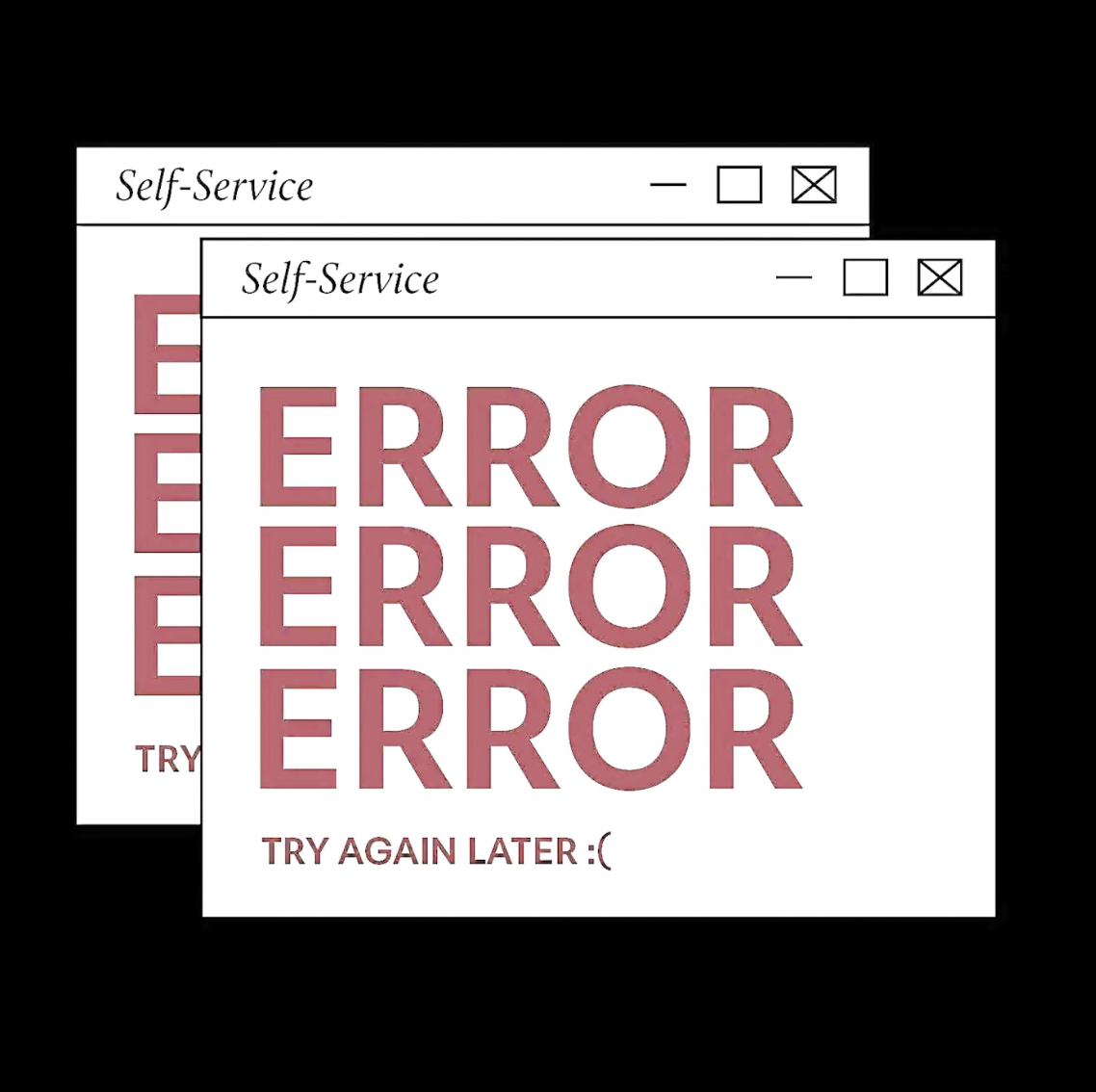Governor Jeff Landry’s ability to have a positive legislative impact could perhaps only be rivaled by his ability to fly or walk on water. This notion was underscored last week with his decision to relocate a long-standing homeless encampment from its position near the superdome in New Orleans.
The removal came despite the painstaking groundwork laid by city officials and dedicated nonprofit organizations as part of the Home for Good Initiative. This coalition had been tirelessly coordinating housing solutions for those without homes—approximately 75 people living in that encampment alone. Many were weeks away from securing permanent housing.
Instead, Landry’s directive sent ripples through this tentative arrangement. He turned aspirations into a scramble and left once-organized efforts in disarray. The forced relocation left these 75 unhoused residents in a worse state, with many losing access to basic necessities, including personal identification and documents essential to securing housing and services. Their new location, devoid of basic hygiene and safety facilities, puts them in a much worse position. The decision also threatens the city’s hard-won progress with housing solutions, challenging months of collaboration and care by those actually working on the ground.
But criticizing Landry for his political instincts—or, more precisely, his lack of them—would be akin to admonishing a tiger for its appetite; it’s simply in his nature, a predictable, inborn trait. Yet here we are, left to reckon with the fallout of his self-inflicted damage.
What, then, are the options for the citizens and students of New Orleans who find themselves compelled to respond to these challenges when their government does not?
Loyola students can start by building connections with the many groups already involved in helping the unhoused population in New Orleans.
The Home for Good Initiative, along with various local nonprofits, work tirelessly in support of the homeless, often looking for a few extra hands to assist with everyday but essential tasks. Volunteering just a few hours a month to help sort donations, package food, assemble hygiene kits, or accompany residents to medical appointments can make an impact that stretches far beyond the hours given. Not only does this work provide immediate aid to those in need, but it fosters a culture of community support that transcends any single service or effort.
In terms of advocacy, Loyola students can become more actively engaged in local politics by attending city council meetings. They can also stay informed about council decisions impacting homelessness in their community. If students can’t attend in person, they might submit questions or communicate with their district representatives, seeking transparency and insight into the city’s approach to this issue. This engagement would not only benefit those in need but would also ensure students better understand the broader challenges their city faces. For a more direct line to the very office responsible for such policies, Loyola students might also consider writing letters to the governor’s office articulating their concerns regarding the lack of strategic foresight in addressing homelessness and requesting genuine action.
The donation of goods is also valuable. Shelters and homeless outreach programs across New Orleans have a perpetual need for items such as socks, warm clothing, hygiene supplies, and non-perishable foods—particularly as the weather turns cooler. By organizing collection drives on campus in collaboration with local organizations, Loyola students can gather these much-needed supplies, pooling resources to maximize their impact. Such initiatives, while minimal in time commitment, demonstrate the power of a collective response to a widespread problem.
Many organizations in New Orleans offer workshops and training on effective ways to engage with the homelessness issue thoughtfully and respectfully. These sessions often cover topics such as mental health, de-escalation techniques, and strategies to combat common stereotypes around homelessness. Through this learning, students can better understand the factors that contribute to homelessness in their own city and develop a more compassionate perspective toward those affected. This kind of informed, empathetic engagement is perhaps one of the most critical steps in shaping a community that both understands and actively seeks solutions to the problem of homelessness.
Students may consider volunteering at The Harry Thompson Center, a day shelter that provides essential services to those experiencing homelessness. There, they can assist with tasks that keep the center running smoothly, from managing resources to sanitizing facilities. They might also assist guests with accessing basic tools—telephones, personal care items, and office equipment—helping them navigate the often-overlooked aspects of daily life that many take for granted.
Additionally, the Gillis Long Poverty Law Center provides civil legal services to low-income and vulnerable individuals who lack access to representation, involving students and graduates in public interest law to support essential legal needs.
It is unfortunate that the people of New Orleans often find themselves scrambling to pick up the pieces of yet another ill-conceived decision by Landry, a man seemingly buoyed by his allies and immune to the consequences of his own actions. One might be tempted to establish a “Landry Relief Fund,” dedicated exclusively to undoing the damage of his policy choices. But, hyperbole aside, this persistent burden on citizens should not be the norm. Loyola students, local nonprofits, and indeed the broader New Orleans community are more than willing to address the realities of homelessness—they have shown this in their unflagging efforts. Yet, to truly make a difference, they need collaboration, not obstruction, from the very institutions of government tasked with leading the way. Instead of adding to the chaos, officials like Landry should work with the people, in concert, to devise meaningful, lasting solutions.
EDITORIAL: Beyond The Eras Tour: How students can help address homelessness
Aaron Covin, Opinion Editor
November 1, 2024
0
More to Discover












